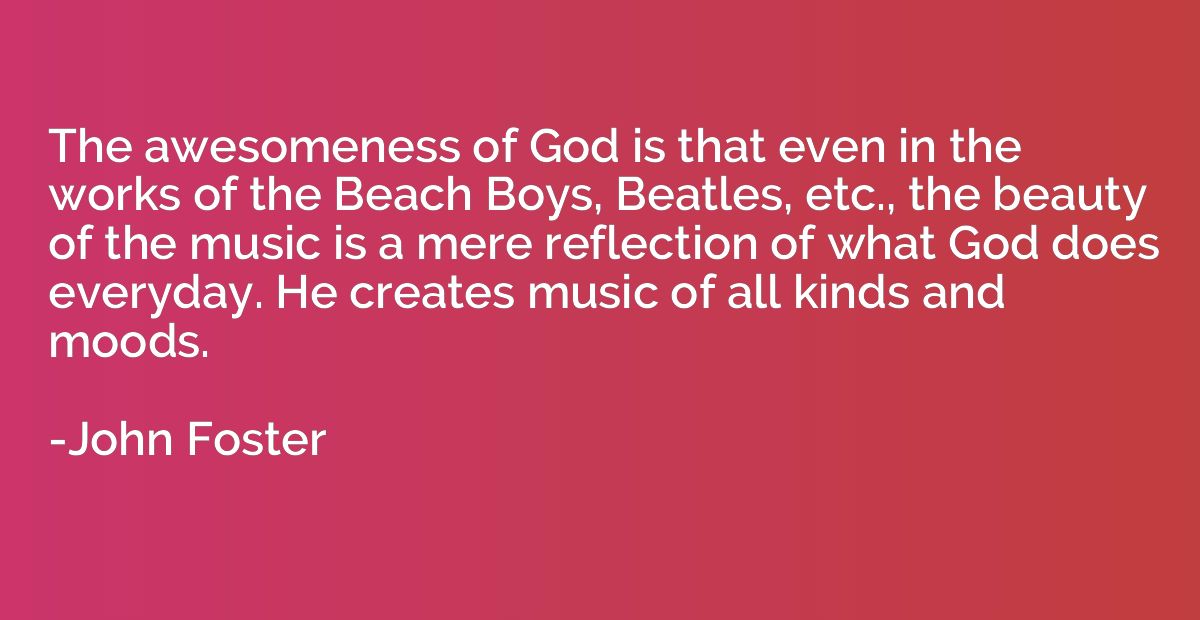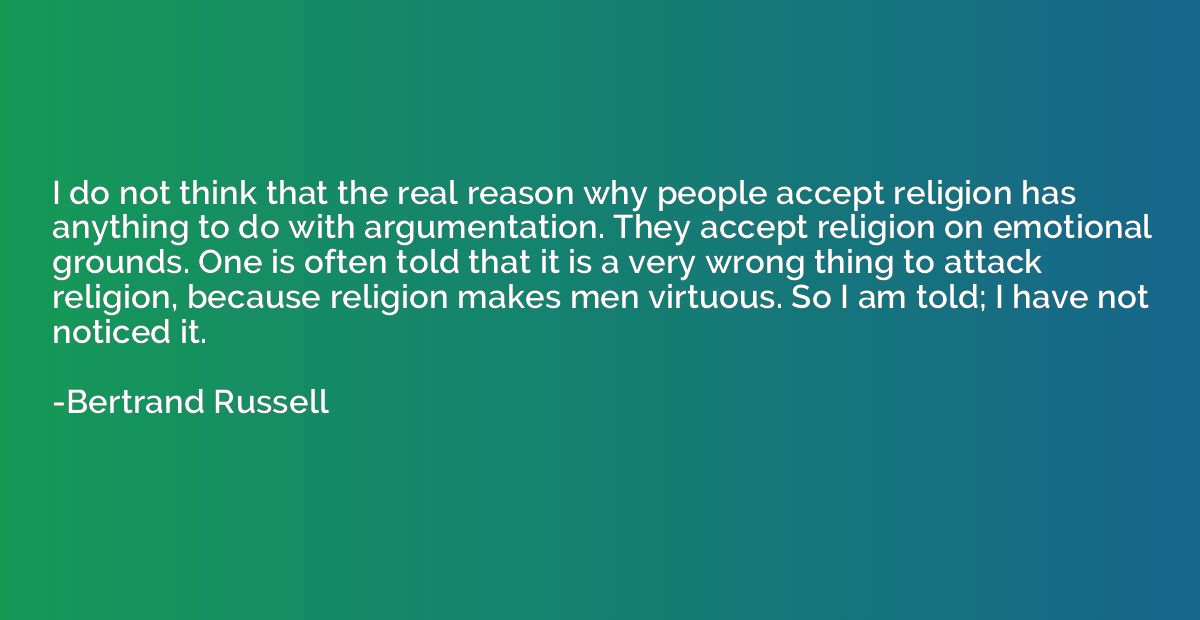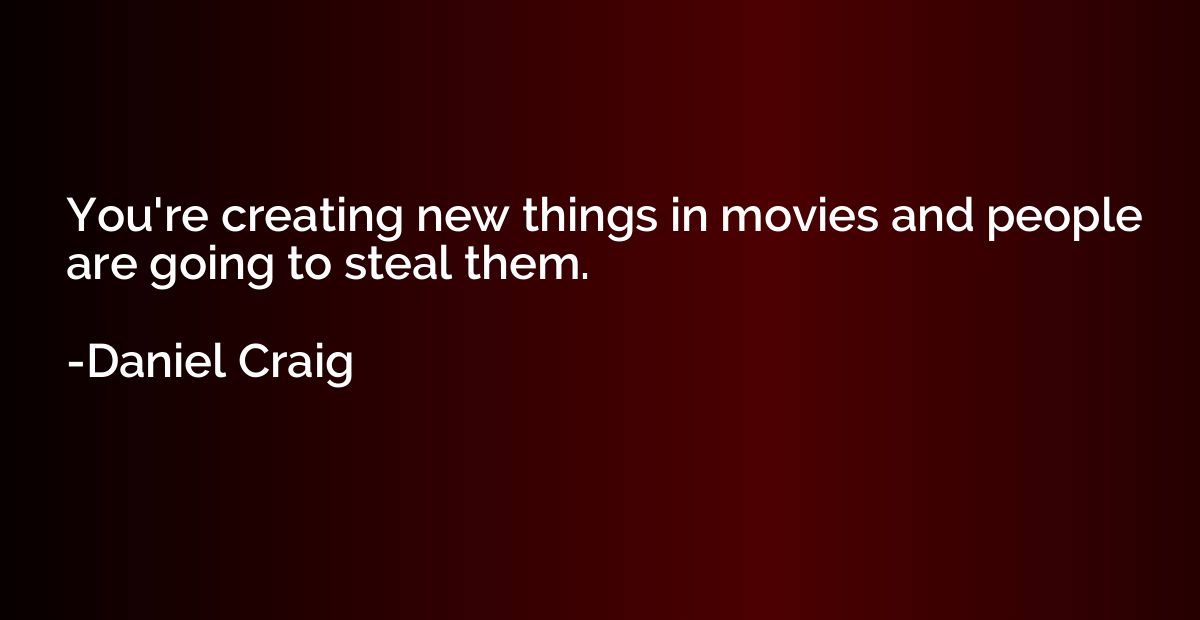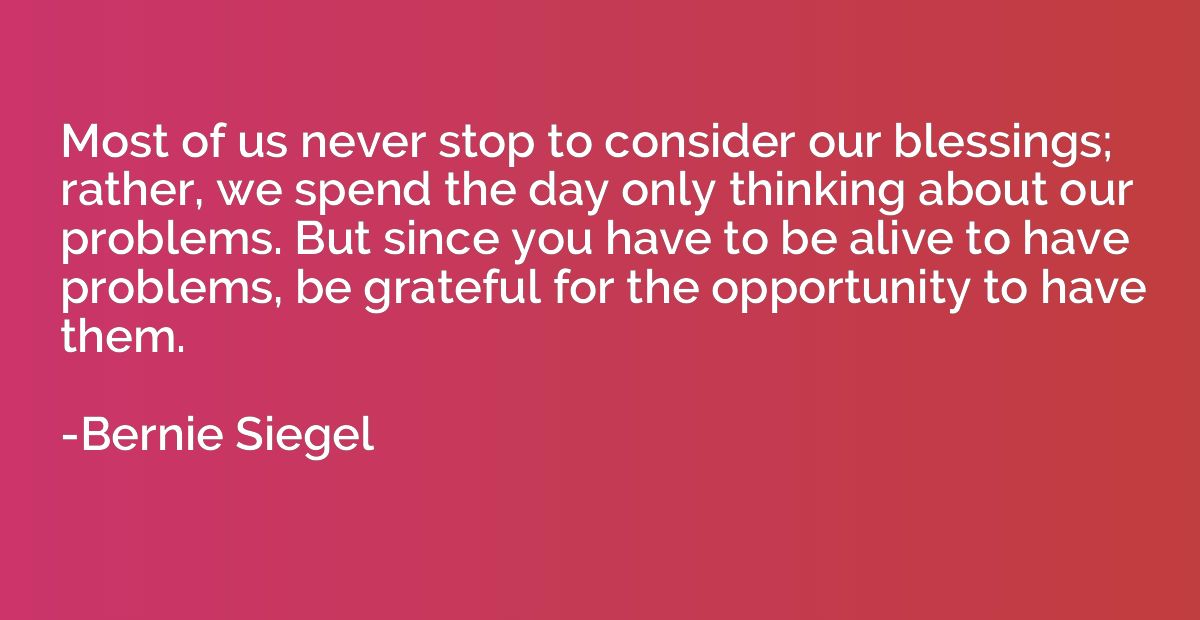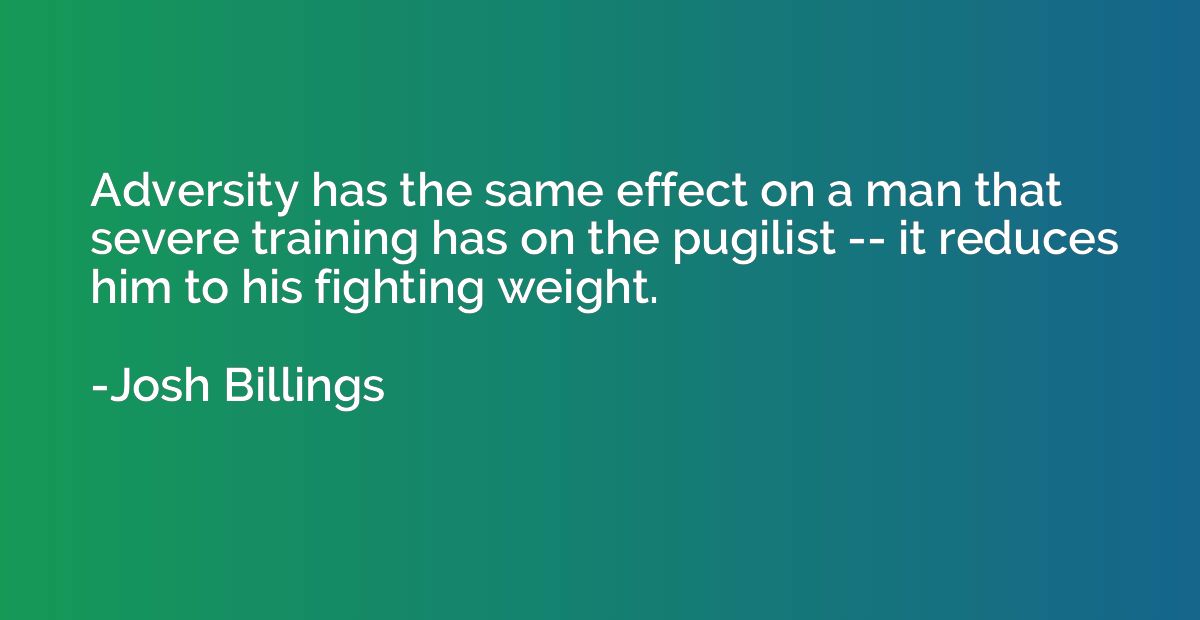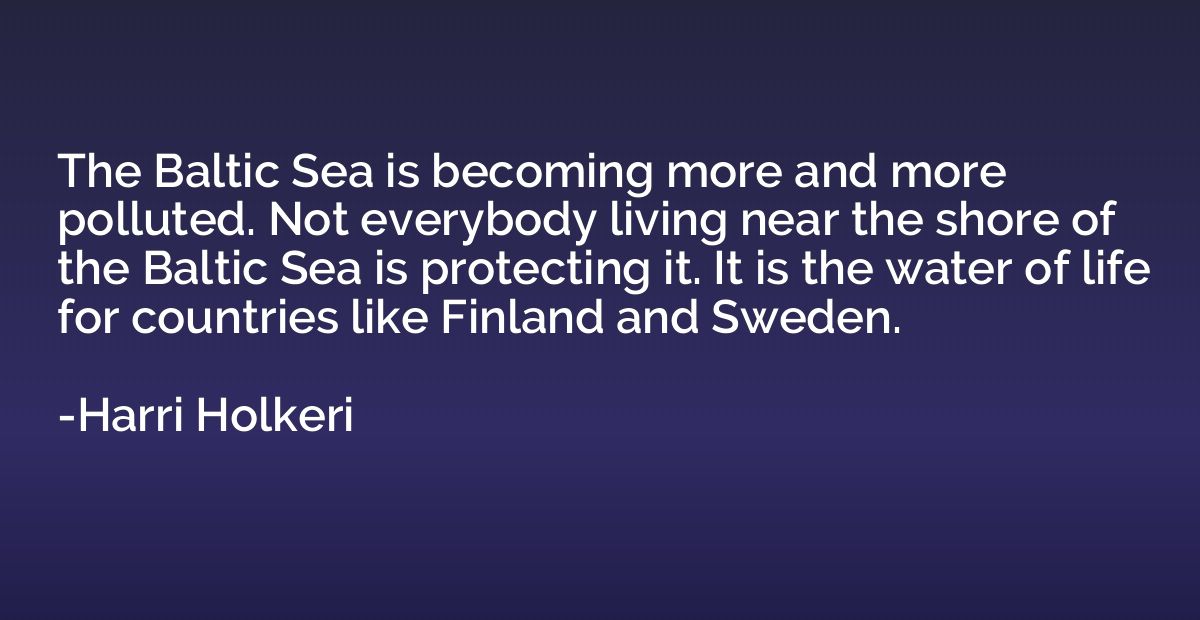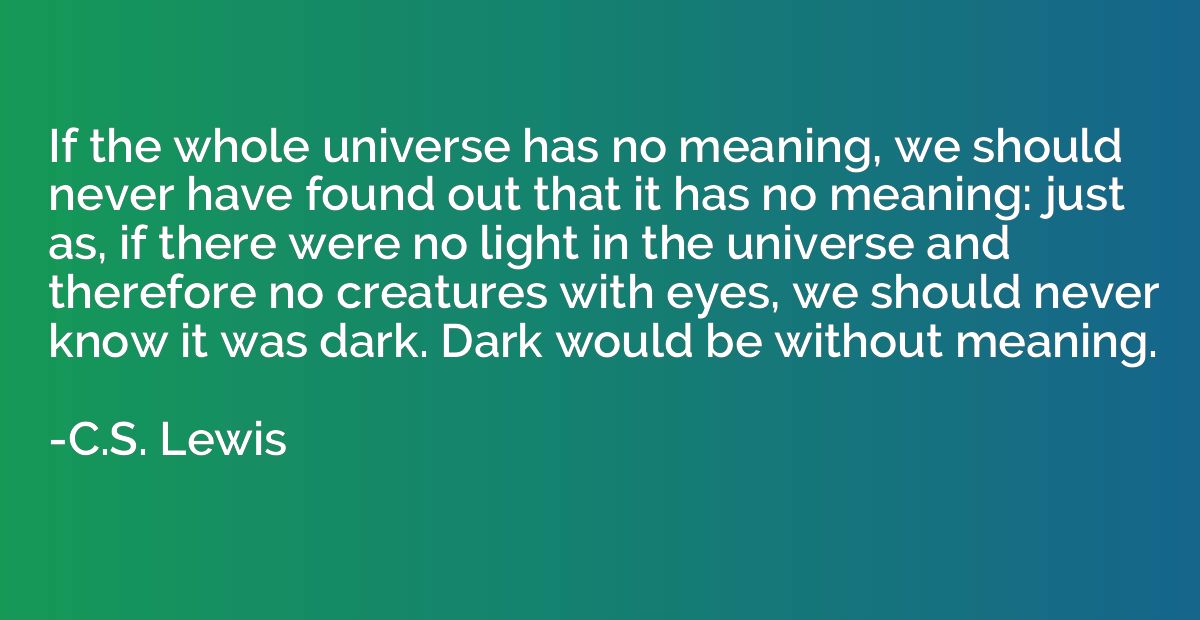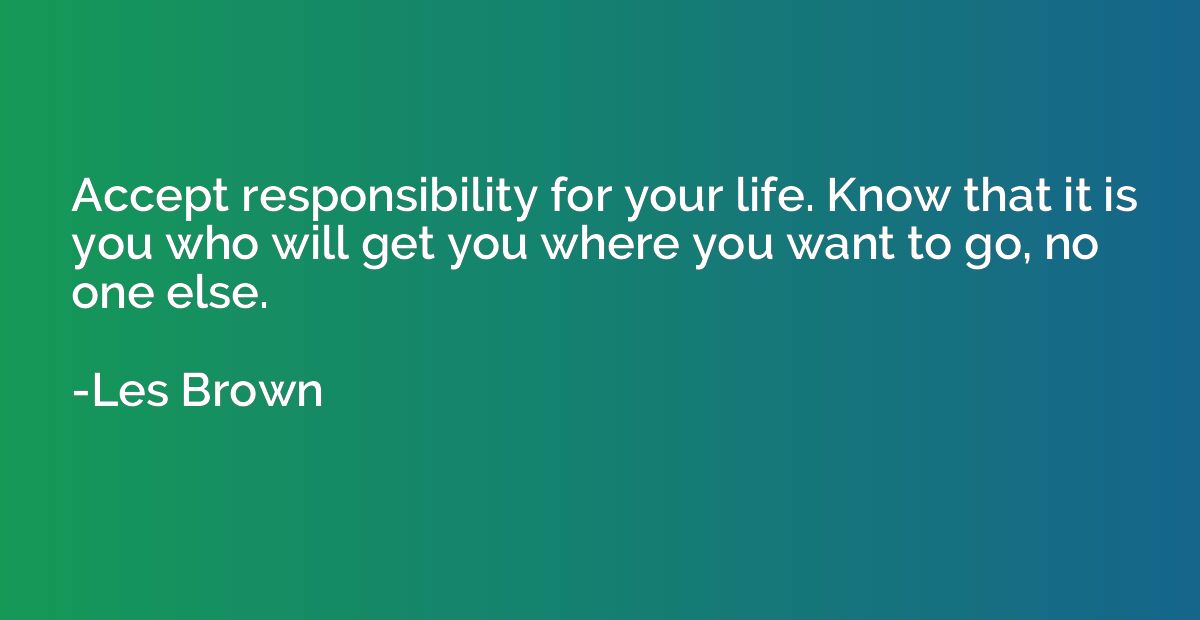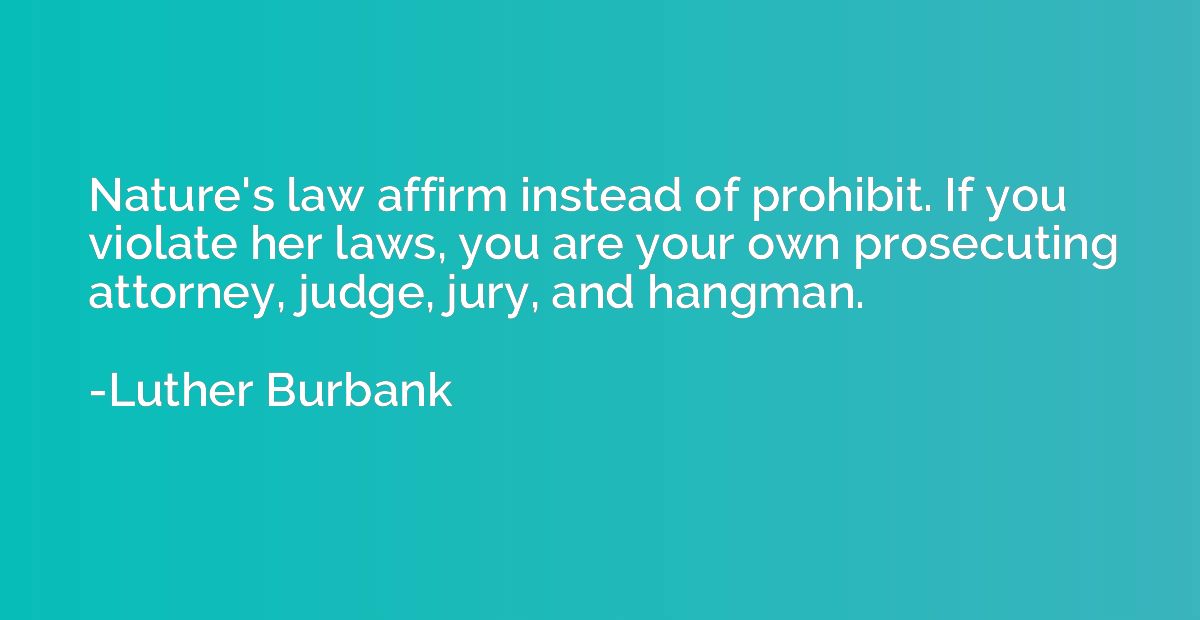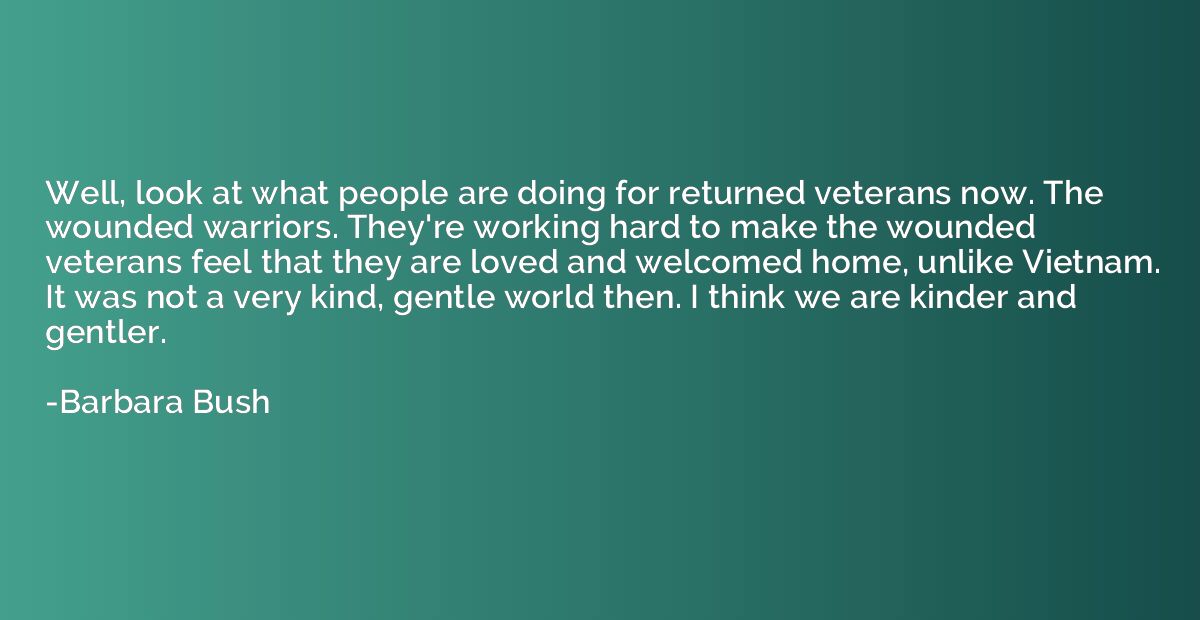Quote by Martin Luther King Jr.
There is no justification without sanctification, no forgiveness without renewal of life, no real faith from which the fruits of new obedience do not grow.
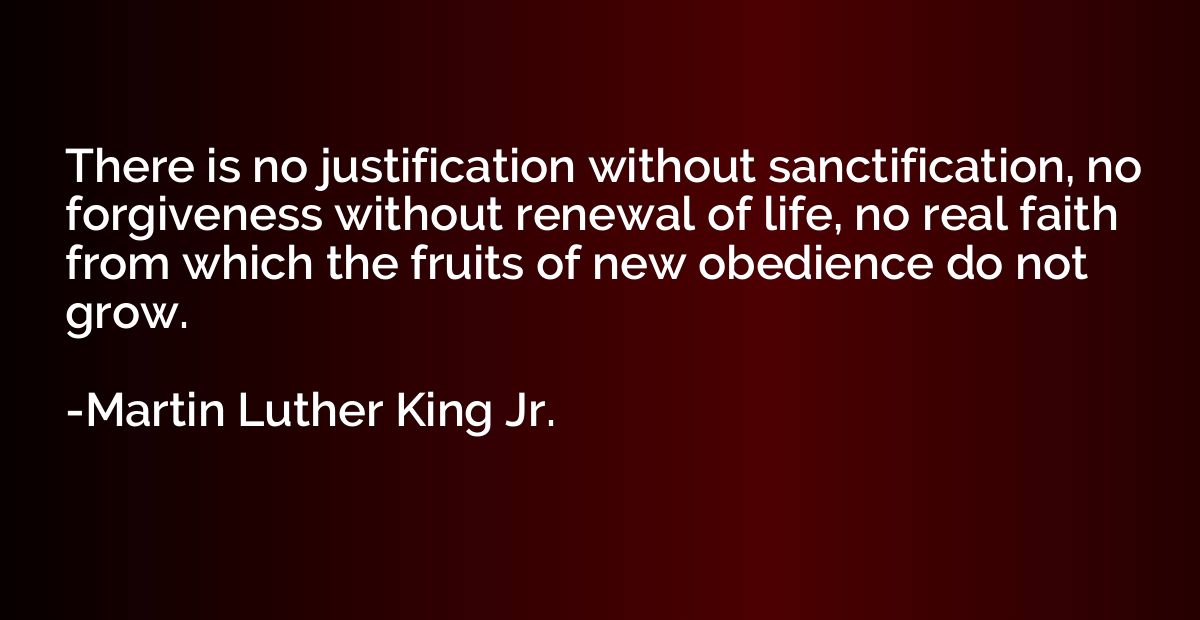
Summary
This quote implies that true justification, forgiveness, and faith cannot exist without a transformational change in one's life. It suggests that without the process of sanctification – the act of being made holy or spiritually purified – there is no meaningful basis for justification or forgiveness. Additionally, it implies that genuine faith cannot simply be lip service but must be accompanied by genuine obedience and the production of positive actions and behaviors. In essence, the quote emphasizes the inseparable connection between the inner transformation and the outward expression of faith.



